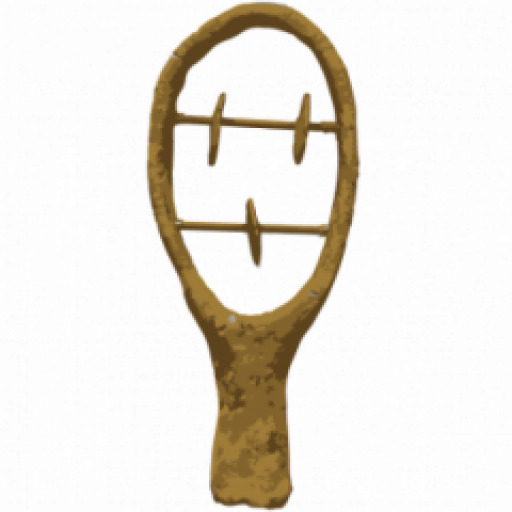The Myth of Europe
THE ABDUCTION OF EUROPE
The Roots of the European civilization can be found in Greek Mythology, in the myth of Europe. Europa was the daughter of the Phoenician King Agenor (coasts of Lebanon), and was beloved by Zeus. Zeus took the form of a beautiful white bull and encountered Europa at the seashore. By appearing to be very tame, he convinced her to climb onto his back and then swam off with her across the sea to Crete. In Crete, Europa and Zeus gave birth to three sons, Minos, Sarpedon, and Rhadamanthys. So Europa became the mother of the most ancient civilizations of the Mediterranean, the Minoan, and she gave her name to the whole continent, the Europe. The importance of the myth is high as a lot of comments could be made on it. Carrying Europa from the Phoenician seashore to Crete, Zeus is appeared to carry the eastern ancient civilization to the Aegean Sea, bridging ancient Egypt with ancient Greece. According to the myth Kadmus, Europa’s brother, who wandered across the world looking for his sister, brought the Phoenician alphabet to the Greek people. Aginoras, Kadmos and their descendants Laios, Idipodas, Polinikis was Danaans, one of the primary human races who changed their name in Greeks and talked the Greek language.
Besides, the myth of Europa carried to Crete, is connected to the idea that Mediterranean people had of their civilization, which was a civilization of movement and change. The name EUROPE in Greek Language is ‘Ευρώπη’ and means ευρείες όπες wide large eyes and, by extension, Europe means the continent with wide, open, large and rich view …
The Phoenicians were called by the ancient Greeks various populations of Semitic origin that were engaged in maritime trade in the Mediterranean. These may have included Aramaeans, Syrians and other peoples from the Middle East. In other respects, the Greeks used the general term “Phoenicians” for all the Oriental merchants who transported exotic goods and spoke exotic languages, and not for a specific city-state, ethnicity, language or cultural group (https://el.wikipedia.org/)
Bibliography
Mitta Dimitra (2012-a) Forms and Themes of Ancient Greek Mythology-Europe, Greek Language Center, available 18-3-2021 at https://www.greek-language.gr/digitalResources/ancient_greek/mythology/lexicon/crete%20/page_002.html

